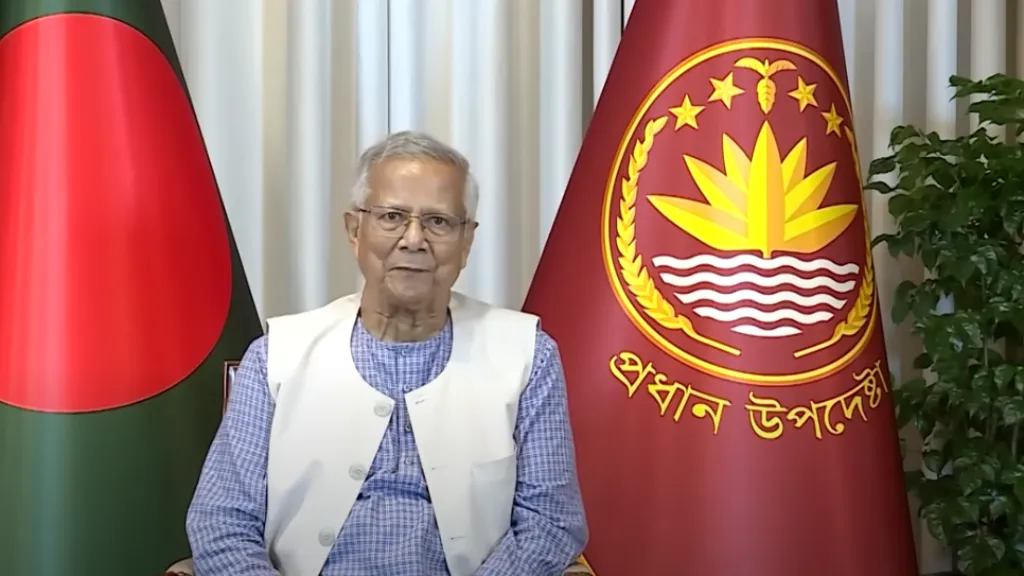Chief Adviser Muhammad Yunus has pledged that Bangladesh’s upcoming election will be legitimate and transparent, saying there is no reason to hold a vote that people do not trust.
“My job is to make sure that an acceptable, clean, enjoyable election takes place,” Yunus told CNA during his official visit to Malaysia.
The interim government is working under pressure. Sweeping reforms are underway ahead of elections scheduled for February. This will be the country’s first vote since violent protests ended the long rule of former prime minister Sheikh Hasina more than a year ago.
Yunus, 85, said the process is close to meeting the goals he set. “There were lots of things to be reformed because the political system that we had was rigged, misused and abused,” he said.
Political upheaval and Hasina’s trial
The fall of Sheikh Hasina’s government was born from a wave of bloodshed that, according to rights groups cited by CNA, claimed over 1,000 lives. The violence erupted when student protests intensified into deadly street battles with police forces and loyalists of the ruling Awami League, creating the chaos that eventually toppled the regime.
Hasina, now in India, is facing trial in absentia. She has been accused of ordering a crackdown on protesters. Dhaka has requested her extradition, but New Delhi has not responded.
Bangladesh also urged India to prevent Hasina from making what officials called “false and fabricated” claims online against the interim government. “We are not going to get into a battle trying to get Hasina out of India. We said: ‘You can keep her. Our trial will go on,’” Yunus said, while cautioning that her influence inside Bangladesh could still destabilize the country.
Shifting regional ties
Former Prime Minister Hasina consistently prioritized close strategic relations with India throughout her 15-year governorship. Following the recent caretaker administration’s appointment, expert opinion notes a cautious recalibration of Dhaka’s international posture.
During a March visit to Beijing, the interim foreign minister, Muhammad Yunus, engaged President Xi Jinping and advanced the narrative of Bangladesh as a connective South Asian fulcrum. Yunus denied any tilt toward the PRC, maintaining a narrative centred exclusively on securing capital inflow and infrastructural partnership.
“We have good relationships with Pakistan and China, and we would also like to have a good relationship with India,” Yunus said. “This is about investment opportunity, not something special to China. This is also offered to India, to anybody who would like to take advantage of it. It’s just a fair game in business.”
Reluctant leader
Yunus, a Nobel peace laureate, stepped into the role after student leaders asked him to take charge in the wake of the protests. “They pleaded with me that so much blood has been shed … After they made so many sacrifices, I should do something on my own too. So, I accepted the job,” he recalled.
The eighty-five-year-old leader affirmed that he will not seek a term beyond the approaching election and stated that he aims to bequeath a political structure immune to systemic corruption and encroaching authoritarianism. “My aspiration is that henceforth Bangladesh will retain its true course and will not once more be pushed off the rails,” he remarked.









